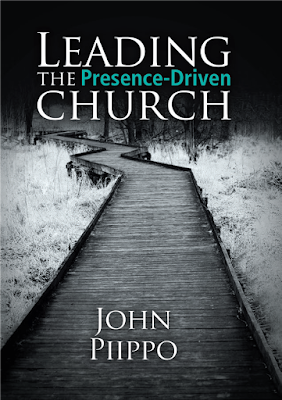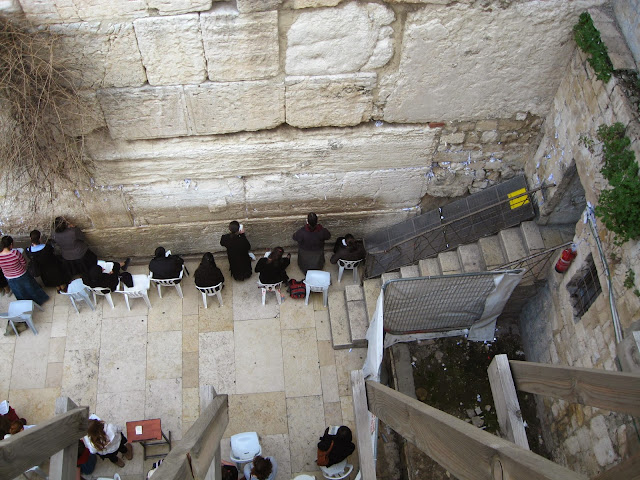 |
| (Monroe) |
Linda and I are reading together Francis Chan's Letters to the Church. We really like this book. Several times I have said to Linda, "That's enough reading for me - I can't take any more!" Because it is so spot on.
A main way - arguably the way - to evaluate how your church is going is to read it in light of the Book of Acts. When you look at some churches, you can get this kind of feeling Karl Barth had when he looked at the church in Germany, and then read his Bible only to find "the strange world of the New Testament."
Chan tells a story of when he was in China, visiting underground churches. Young people were sharing stories of being persecuted. They were "praying so passionately, begging God to send them to the most dangerous places... I had never seen anything like it. I still can't get over the fearless passion for Jesus this church embodied." (154)
Then Chan writes:
"As they shared stories of persecution, I sat in amazement and asked for more stories. After a while, they asked why I was so intrigued. I told them the church in America was nothing like this. I can’t tell you how embarrassing it was to try to explain to them that people attend ninety-minute services once a week in buildings and that’s what we call “church.” I told them about how people switch churches if they find better teaching, more exciting music, or more robust programs for their kids. As I described church life in America, they began to laugh. Not just small chuckles; they were laughing hysterically. I felt like a stand-up comedian, but I was simply describing the American church as I’ve experienced it. They found it laughable that we could read the same Scriptures they were reading and then create something so incongruent." (154-155)











